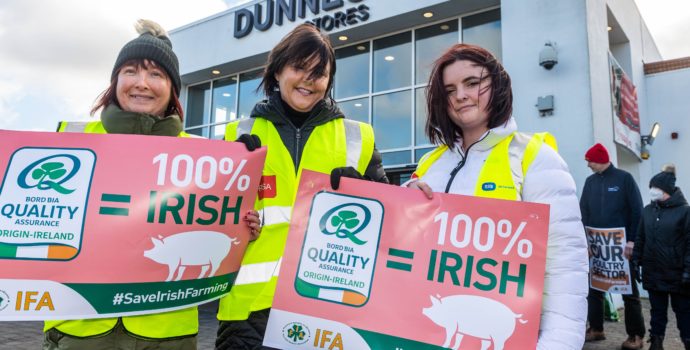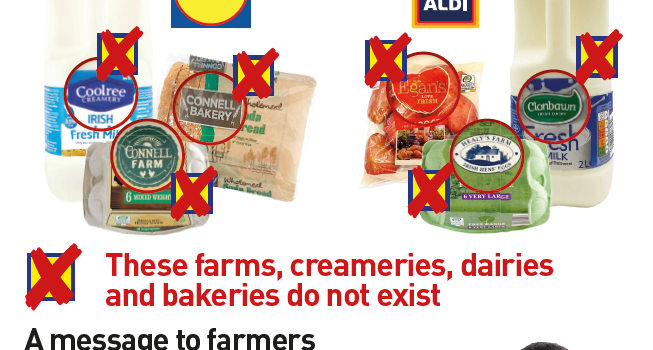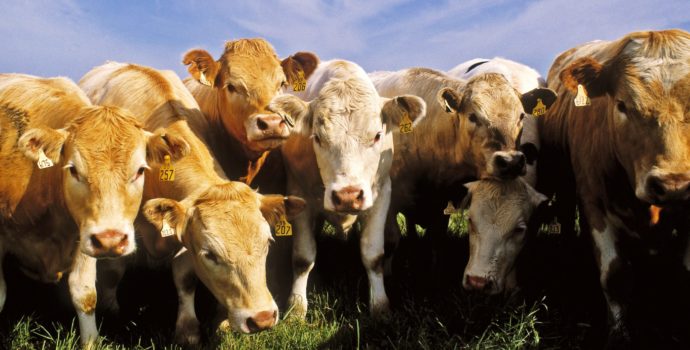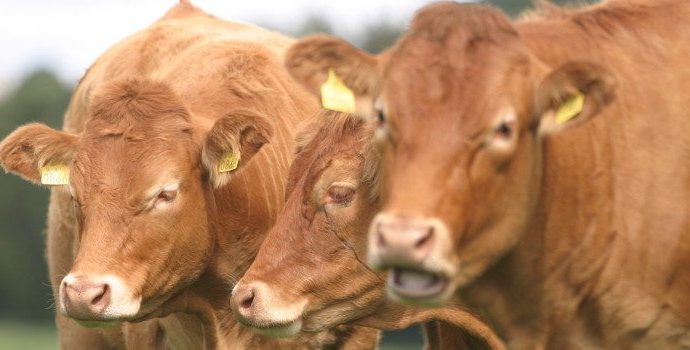Agriculture and Food Supply Chain Bill Must Be Strengthened With Tougher Legislation

IFA President Tim Cullinan has called on legislation to be further strengthened to ensure greater equity for Irish farmers and security within the Irish food supply chain.
In his address to the Joint Oireachtas Committee on the Agricultural and Food Supply Chain Bill, the IFA President called for stiffer sanctions in the line of fines to be set in place for those who are found in breach of the legislation set forward in the Agriculture and Food Supply Chain Bill.
“The current proposal for a €1000 maximum fixed price penalty is not acceptable. The implementation of a substantial fine is needed to deter any breach of this legislation; we cannot have a situation where retailers or processors are playing ignorant to any rules set out in this bill.”
“The sanctions need to be set higher, the IFA propose a much higher limit of €4 million or 4% of annual turnover, whichever is higher. This would coincide with similar penalty criteria as set out by the GDPR legislation,” IFA President stated.
The IFA President also highlighted the need for a ban on below cost procurement of food as a priority to ensure the long-term sustainability of food production in Ireland.
“The legislation put forward in the Agriculture and Food Supply Chain Bill must include a ban on below cost procurement of food. It is necessary to secure to the long-term sustainability of farmers to produce food, and it is also in line with the sustainability programmes which both the retailers and processors have set out,” Tim Cullinan said.
“As per Jim Power’s report on the horticulture sector – Retail Price Compression Threatens the Viability of Irish Horticulture– the continuous downward pressure applied by retailers on price will have a seriously damaging effect on the level of food production in Ireland,” he added.
“With a growing threat of global food shortages, it is imperative that the Irish Government do all they must to ensure that food production in Ireland has a future which is economically viable for farmers.”




